What can I use CatWalk XT for?
Gait has been used as an endpoint for many
types of rodent models. CatWalk XT is the most cited system to measure and analyse locomotion and gait in small mammals.
Therefore, it is no suprise that CatWalk XT has been used in a great variety of studies over the
years. From Parkinson's disease to nerve and skeletal injuries, CatWalk XT is a great fit for
a wide variety of research and disease models.
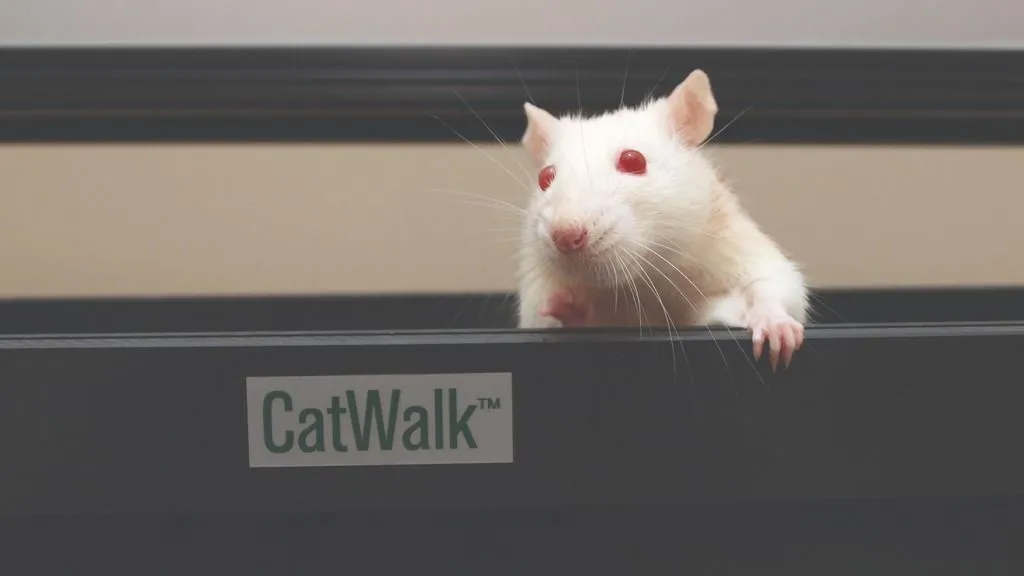
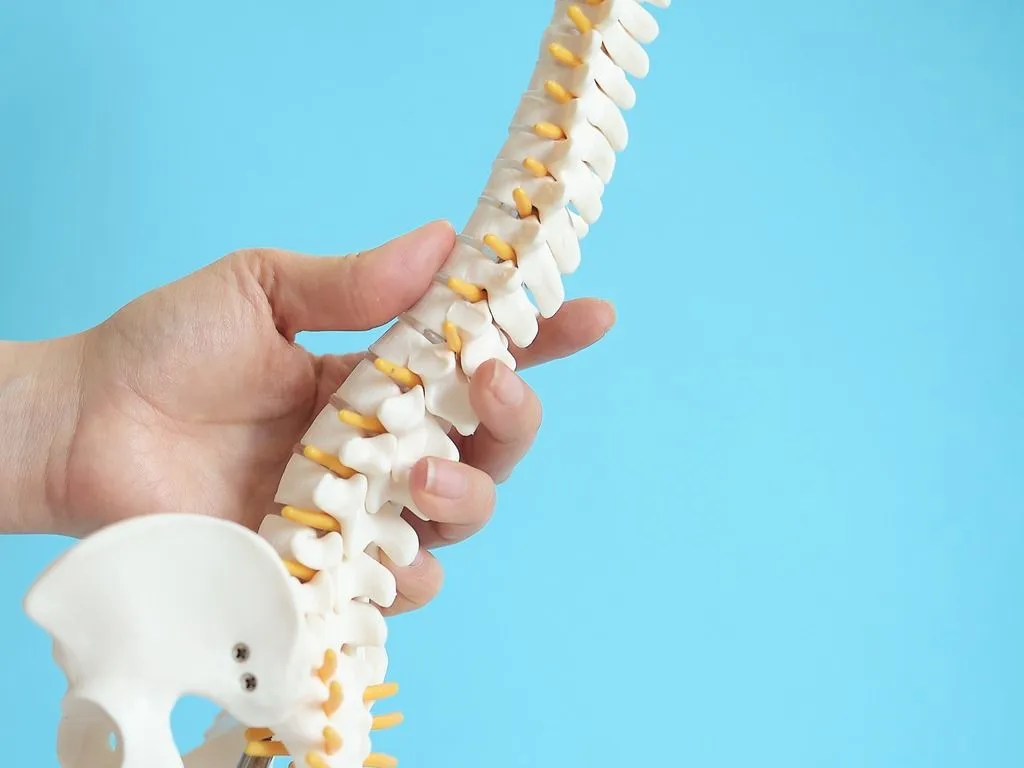
Spinal cord injury
SCI results in motor and sensory deficits due to damage to the spinal cord. Gait analysis with CatWalk XT allows researchers to quantify changes in paw placement, stride length, and coordination, providing insights into locomotor recovery and therapeutic efficacy.
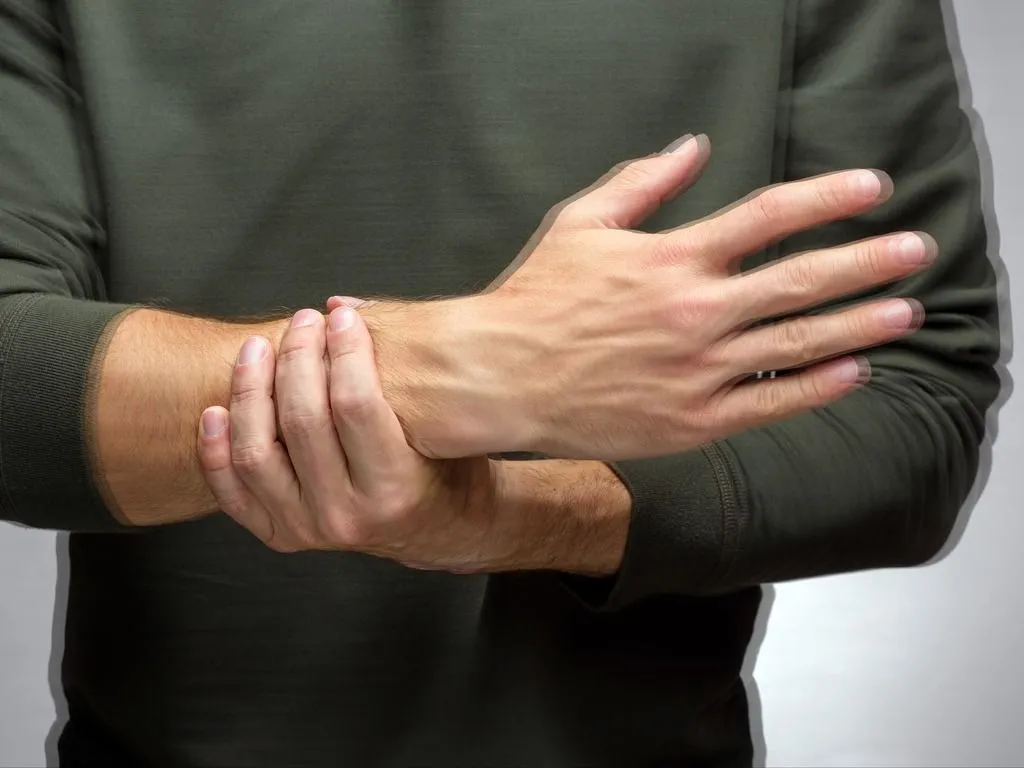
Parkinson's disease
Parkinson's is characterized by motor symptoms like tremors, rigidity, and bradykinesia. CatWalk XT can assess alterations in gait patterns, such as reduced step length and irregular paw placements, reflecting motor impairment and aiding in evaluating potential treatments.
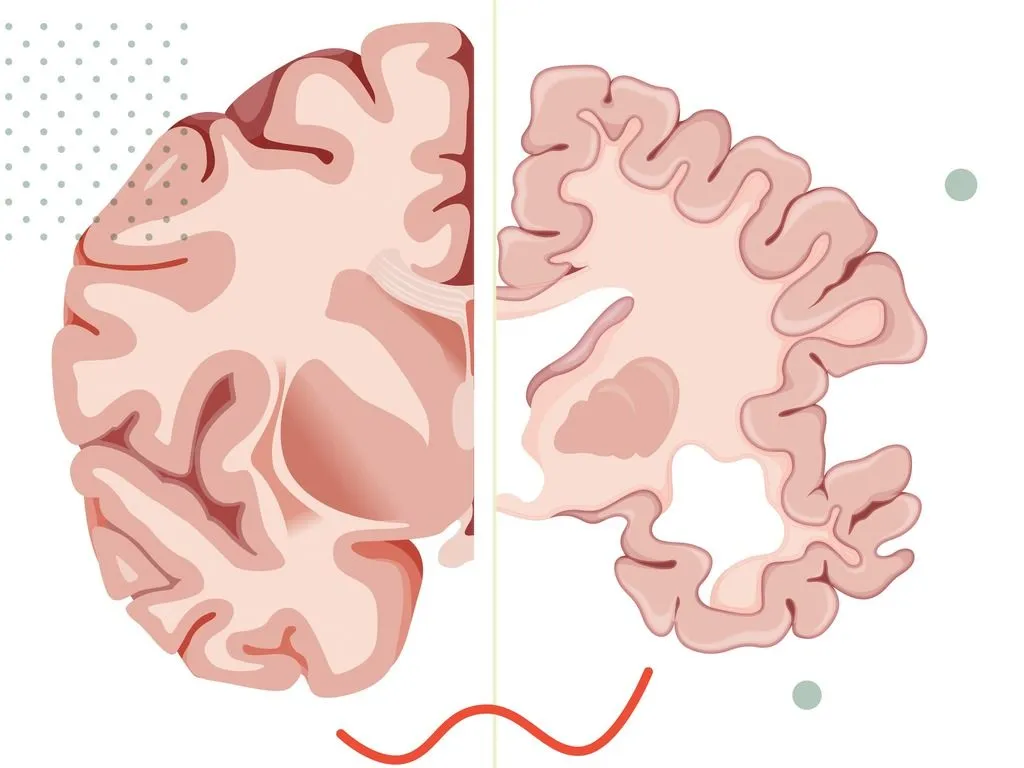
Alzheimer's disease
Alzheimer's leads to cognitive decline but can also affect motor function. CatWalk XT helps measure changes in gait parameters like velocity and regularity, providing a non-invasive tool to track disease progression and assess the impact of interventions on motor symptoms.
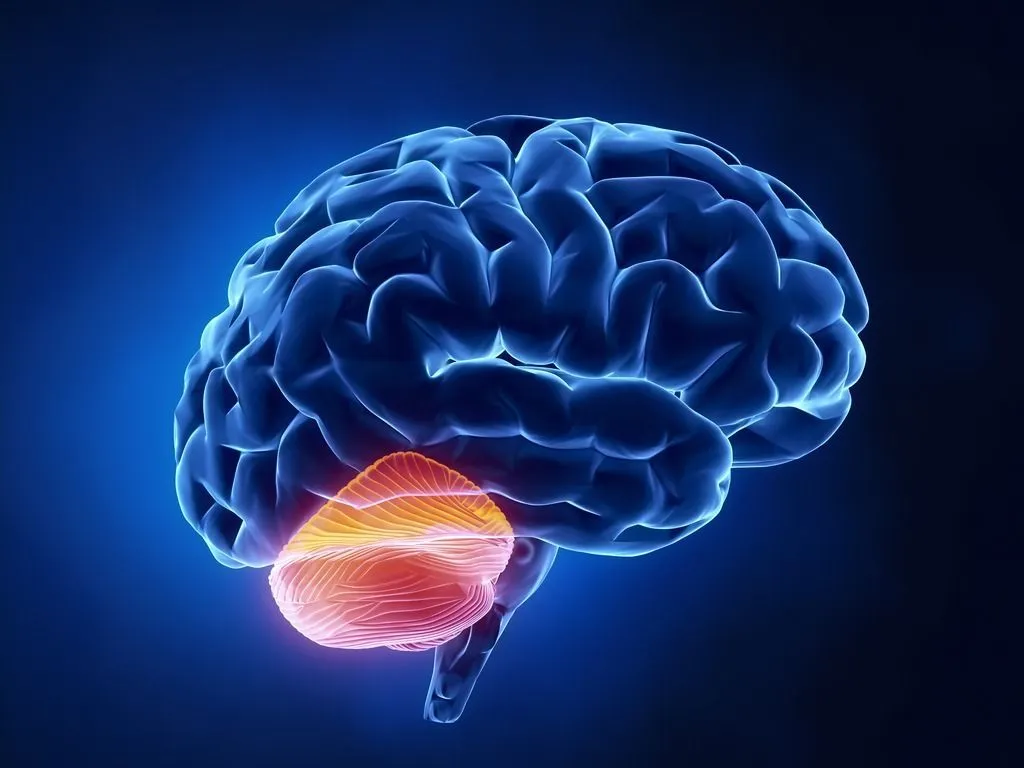
Ataxia
Ataxia involves impaired coordination and balance, often caused by cerebellar dysfunction. CatWalk XT can detect irregularities in paw placement and gait variability, facilitating the evaluation of motor coordination deficits and therapeutic interventions.
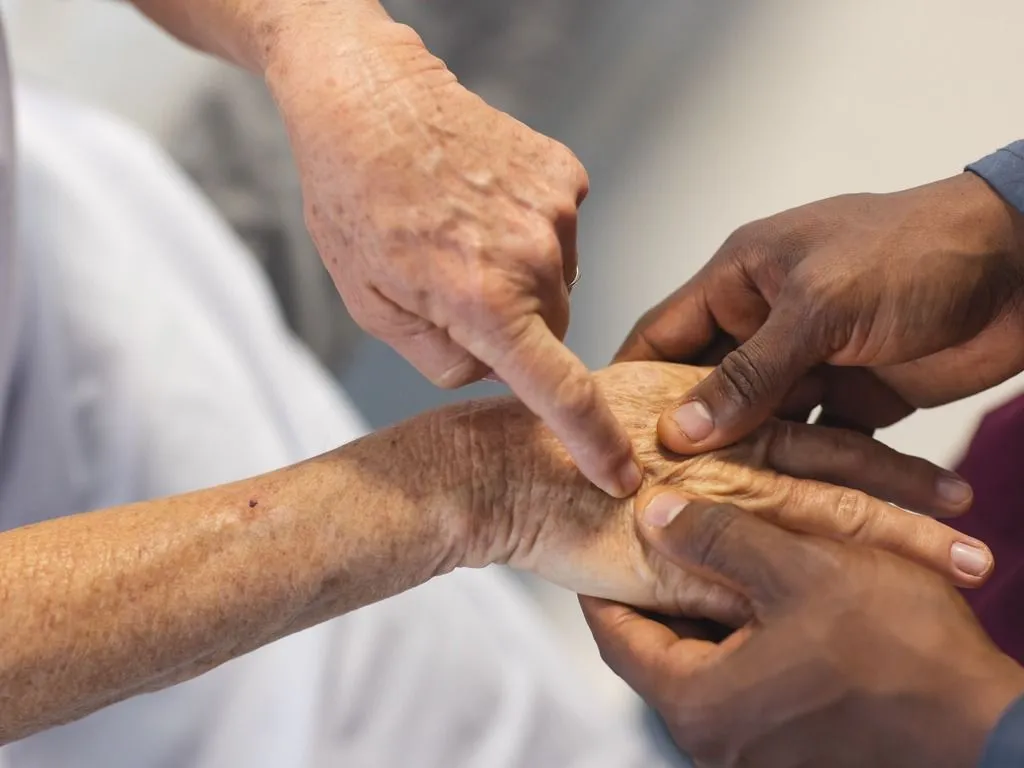
Arthritis
Arthritis causes joint inflammation and pain, affecting mobility in rodents. CatWalk XT enables the quantification of paw pressure distribution and changes in gait patterns, allowing researchers to monitor disease progression and evaluate pain-relief strategies.

Pain research
CatWalk XT is valuable in pain research by assessing gait parameters indicative of discomfort or pain, such as alterations in paw contact area. This aids in studying pain mechanisms and evaluating the effectiveness of analgesic treatments.

Traumatic brain injury
TBI disrupts normal brain function and can impair motor coordination and balance. CatWalk XT enables the measurement of gait abnormalities post-injury, aiding in the assessment of TBI severity and creation of therapeutic interventions.
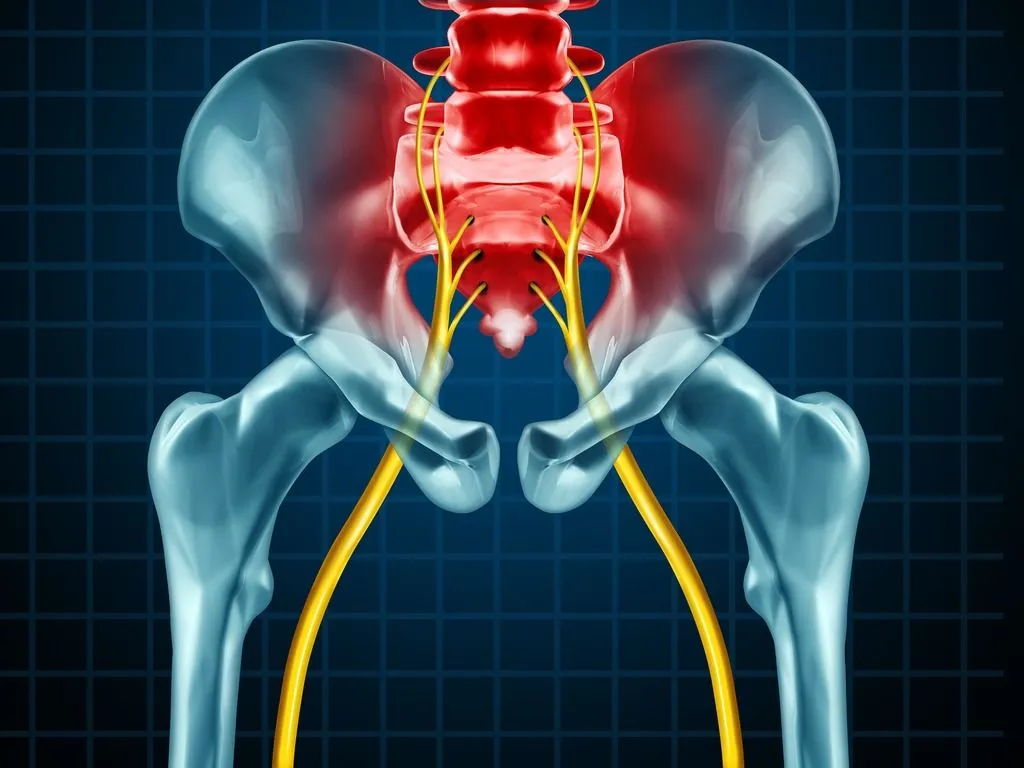
Sciatic nerve injury
SNI affects motor and sensory function in rodents. CatWalk XT allows for the precise measurement of gait parameters, such as paw print area and intensity, assisting in evaluating nerve regeneration and functional recovery following injury
The gait analysis backbone for many labs
Take a look inside the Mouse NeuroBehavior Core at Columbia
University. Here, Dr. Mu Yang
shares her experience with using CatWalk XT and other Noldus behavioral tools, and explains how easy
it
is to train new users to operate these systems.
Looking for some other examples? Click on recourses to find out all you need to know about CatWalk XT.
Why should I use CatWalk XT?
CatWalk XT gait analysis has been validated in research and experimental procedures for several (neurological) disorders and lesions. It does not matter if gait is affected due to genetic, chemical, or physical injury. If your animal can traverse the CatWalk runway, you can evaluate its gait.
How do I use Catwalk XT?
The CatWalk XT system detects actual footprints by employing the illuminated footprint technology. With a high-speed camera and dedicated software, the CatWalk XT system offers impeccable quantification of footprints and gait parameters, automatic detection of errors, and easy results visualization.
All I need to know about CatWalk XT
CatWalk XT has been used in a great variety of studies, from TBI to stroke and pain research. Do you want to know more about how CatWalk XT works, or get more in-depth information on what the CatWalk XT has been used for? Then, follow the link below.
Ready to take the next step?
Contact us to discover how we can help you achieve your goals. Let's advance your behavioral research!
Contact us